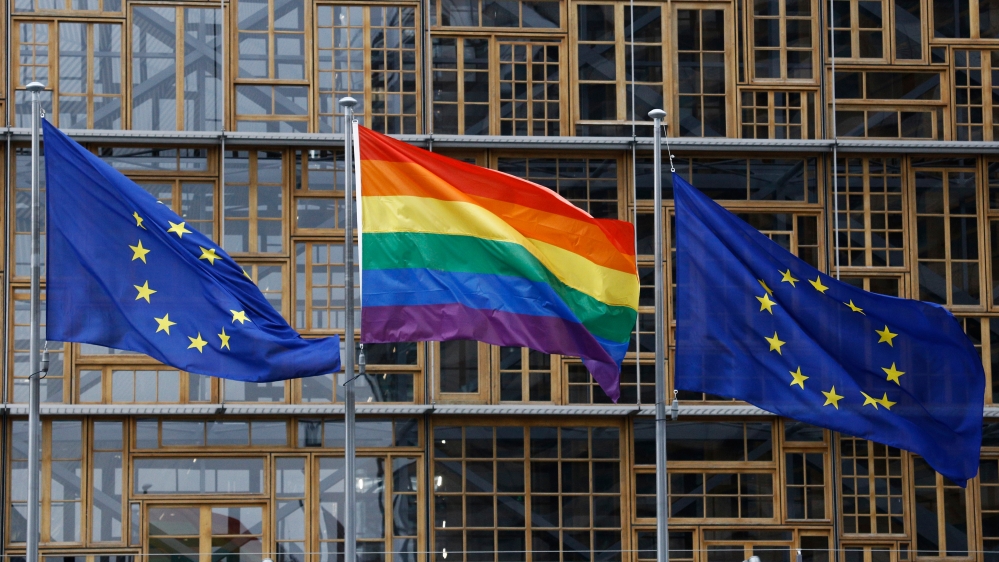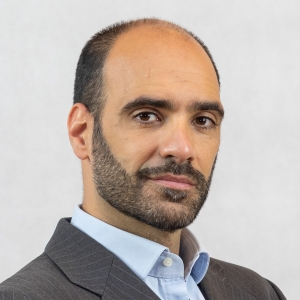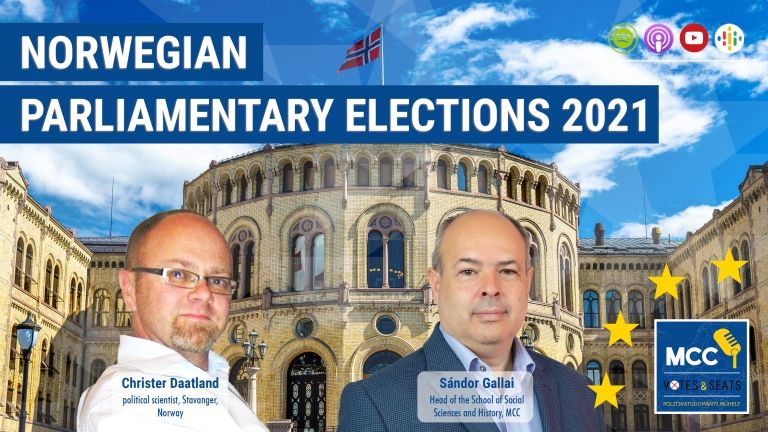This will be just one issue among many on the European agenda ahead of a politically “hot autumn”, which will include a COVID-19 recovery plan, Belarus, digital issues, German elections, the Green Deal, and, of course, the “Rule of Law” (or, rather, the underlying issues hidden behind this euphemistic expression to promote an agenda that is more political than strictly legal). We speak about the arm wrestling with the Polish Supreme Court (and, inevitably, soon with the German one as well), and especially about the clash with Hungary on its law for the protection of minors. Since the controversy erupted, the relations remain more strained than ever.
I already wrote (in Spanish and French) that, of the many controversies between Hungary and the EU in the last decade (and there were a few), this one has become the most contentious. The summer holidays and Afghanistan have provided a break, but the July controversy was only the first round of a fight that will continue on all fronts. Both sides consider it a matter of principle, a make it or break it case for both parties.
This is true, perhaps above all, for President von der Leyen, as she has made sexual and gender minorities a flagship of her mandate. With little warning, gender theory has become an official position of the European executive. I refer to the following two texts:
- First, Von der Leyen's speech on the State of the Union delivered in September 2020: In the midst of a pandemic, with Europe on the ropes and an unprecedented economic crisis in the making, she omitted a myriad of European policies but did not lack time to criticize strongly the Polish cities that passed statutes contrary to gender ideology (the LGBT Free Zones).
- Secondly, she promised to promote mutual recognition of the different “family relationships” in the EU because “if you are a parent in one country, you are a father in every country”. Reading between the lines, one can infer she will propose an initiative instructing that states not support surrogate mothers or assisted procreation for non-heterosexual couples, and not recognize partners and children from other member states. This is a thorny issue since the EU does not have competence in family matters, and since it is an initiative with a priority that is far from obvious in the middle of the pandemic. It would not be the first time the Commission and/or the Court of Justice would use the freedom of movement of European citizens to promote ideological postulates that have little to do with the legal bases invoked to justify them. The Coman case of 2018 is paradigmatic of this drift.
- Finally, Von der Leyen announced in November 2020 a strategy to promote the rights of the LGBTIAQ2 + collective. Just two months later, she officially adopted it. This is precisely the second document that deserves our attention, for two reasons: it assumes maximalist positions (neither consensual nor agreed-upon) without hesitations; and it constitutes more than an initiative for the protection of sexual minorities, but is rather an “intersectional” manifesto, an ideological document.
The doctrine having been settled, only one occasion remained to put it into practice. The Hungarian law for the protection of children is an excellent opportunity to fight to its last consequences. Let us remember that, to date, the Commission has suspended, sine die, the Hungarian Recovery plan, and many suspect that it is a direct consequence of this controversy (that is, a national law on which the EU has little, if any, competencies). A €7.2 billion retaliation for this?
Von der Leyen delivered her first State of the Union address in September 2020, and published the LGBTIAQ2+ strategy, respectively ten and eight months before Orbán introduced his child protection law. I am not claiming that the Commission created a controversy out of thin air - not at all.
On the one hand, Viktor Orbán maintains and applies his conservative policies consistently. On the other hand, Von der Leyen (of the European People's Party, officially considered “conservative” in Brussels, and to which Orbán's Fidesz belonged until last June) has confirmed the "woke" turn of the European elites. It is hard to believe that the deployment of the ambitious European recovery plan depends on a maximalist social agenda for which the EU has absolutely no competence. But here we are. The concepts of "European values" and "non-discrimination", more than principles, have become pretexts to impose an ideology and grab powers without a solid legal base. Moral vs. law, alea jacta, etc. A sign of the times: some call this “Rule of Law”.
Borítókép: shutterstock.










